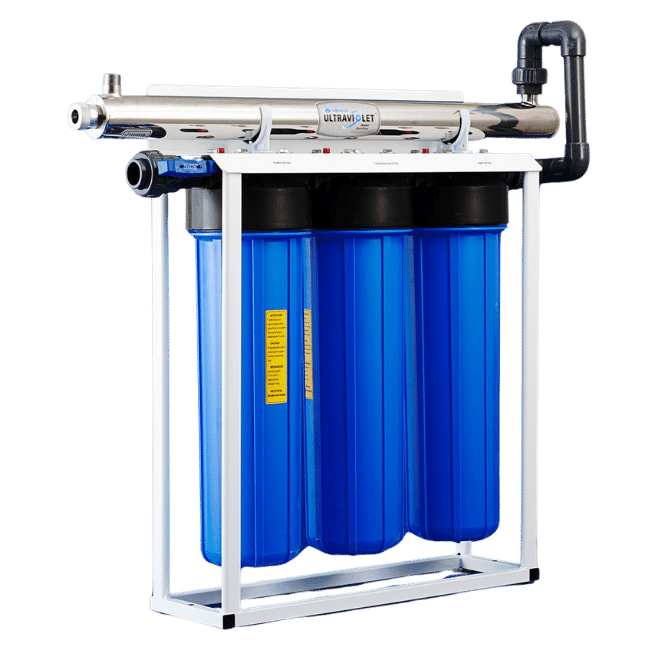Water is essential for life, and access to clean drinking water is something many of us take for granted. However, in times of emergencies or natural disasters, our water supply can be compromised. This is why having a backup water storage plan is crucial for every household. By having a sufficient supply of water on hand, you can ensure that you and your family are prepared for any situation that may arise.
Why Backup Water Storage is Important
There are several reasons why having backup water storage is important:
1. Emergency Preparedness
- During natural disasters such as hurricanes, tornadoes, earthquakes, or floods, water supply lines can be damaged or contaminated, leaving households without access to clean water for days or even weeks.
- Having a backup water supply ensures that you can stay hydrated and maintain good hygiene during emergencies.
2. Water Shortages
- In some regions, water shortages can occur due to droughts or infrastructure issues.
- Having backup water storage can help you weather shortages and ensure that you have an adequate supply of water until the situation improves.
3. Contamination Events
- In the event of a water contamination incident, such as a chemical spill or bacterial outbreak, having backup water storage can keep you safe from consuming harmful substances.
- Having clean water on hand can prevent you from falling ill and needing medical attention during such events.
How to Plan for Backup Water Storage
Creating a plan for backup water storage in your home is a simple yet crucial step in emergency preparedness. Here are some key points to consider:
1. Determine Your Water Needs
- Calculate how much water your household consumes on a daily basis to determine how much backup water storage you will need.
- Consider factors such as the number of people in your household, pets, and any specific needs such as medical requirements.
2. Choose Your Water Storage Containers
- Opt for food-grade containers that are specifically designed for storing water.
- Ensure your containers are clean, leak-proof, and properly sealed to prevent contamination.
3. Store Your Water Properly
- Store your water in a cool, dark place away from direct sunlight to prevent the growth of algae or bacteria.
- Rotate your water supply every six months to ensure freshness and quality.
4. Consider Water Purification Methods
- Invest in a water filtration system or water purification tablets to ensure that your backup water supply remains safe to drink.
- Having a backup purification method can be crucial in case your water supply gets contaminated during an emergency.
Benefits of Backup Water Storage
Having a reliable backup water storage plan offers several benefits:
1. Peace of Mind
- Knowing that you have a supply of clean water on hand can provide peace of mind and reduce anxiety during emergencies.
- You can focus on other aspects of emergency preparedness knowing that your basic water needs are covered.
2. Self-Sufficiency
- Being self-sufficient in terms of water supply can help you avoid relying on external sources or relief efforts during emergencies.
- You can take care of yourself and your family without worrying about water shortages or contamination.
3. Cost-Effectiveness
- Investing in backup water storage containers and purification methods is a cost-effective way to ensure your water needs are met during emergencies.
- It can save you money in the long run by reducing the need to purchase expensive bottled water or rely on emergency supplies.
Conclusion
Backup water storage is a crucial component of emergency preparedness for every household. By creating a plan for storing water, you can ensure that you and your family are ready to face any challenges that may arise, such as natural disasters, water shortages, or contamination events. Remember, water is essential for survival, and having a reliable backup water supply can make all the difference in times of need.
